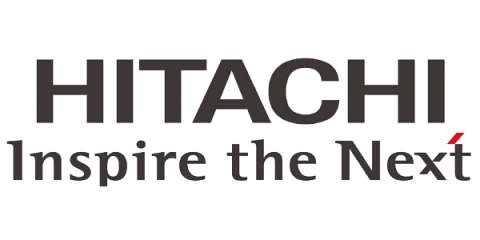Systems | Development | Analytics | API | Testing
DevOps
The 15 Best Podcasts for Engineers
If you've been on the hunt for a new developer podcast, then you understand just how difficult and fruitless that pursuit can be. You can spend hours online sifting through coding podcasts, programming podcasts, and DevOps podcasts only to realize one simple thing: none of them focus on your preferred programming language! With thousands of different developer podcasts out there, the problem is magnified exponentially. Fortunately, we at Scout APM have nothing but expertise and time on our hands.
Hitachi Vantara Makes Kubernetes Container Technology Acquisition
Container technology promises to usher in the biggest step change in infrastructure economics since server virtualization. By some estimates, customers are saving as much as 50% on infrastructure costs by switching from hosting cloud native applications in their own data centers to hosting containerized versions of those applications in a private, hybrid or public cloud.







